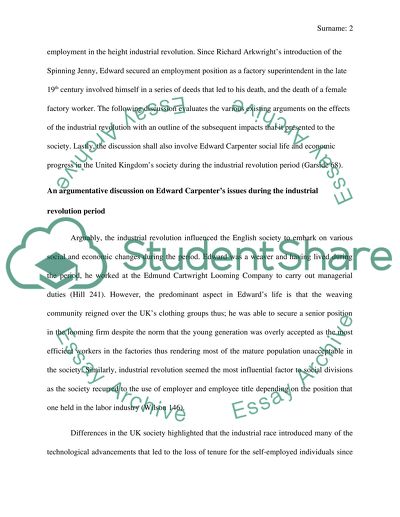Cite this document
(“Industrial Revolution and Unemployment in UK Essay”, n.d.)
Retrieved from https://studentshare.org/macro-microeconomics/1494493-industrial-revolution-and-unemployment
Retrieved from https://studentshare.org/macro-microeconomics/1494493-industrial-revolution-and-unemployment
(Industrial Revolution and Unemployment in UK Essay)
https://studentshare.org/macro-microeconomics/1494493-industrial-revolution-and-unemployment.
https://studentshare.org/macro-microeconomics/1494493-industrial-revolution-and-unemployment.
“Industrial Revolution and Unemployment in UK Essay”, n.d. https://studentshare.org/macro-microeconomics/1494493-industrial-revolution-and-unemployment.


